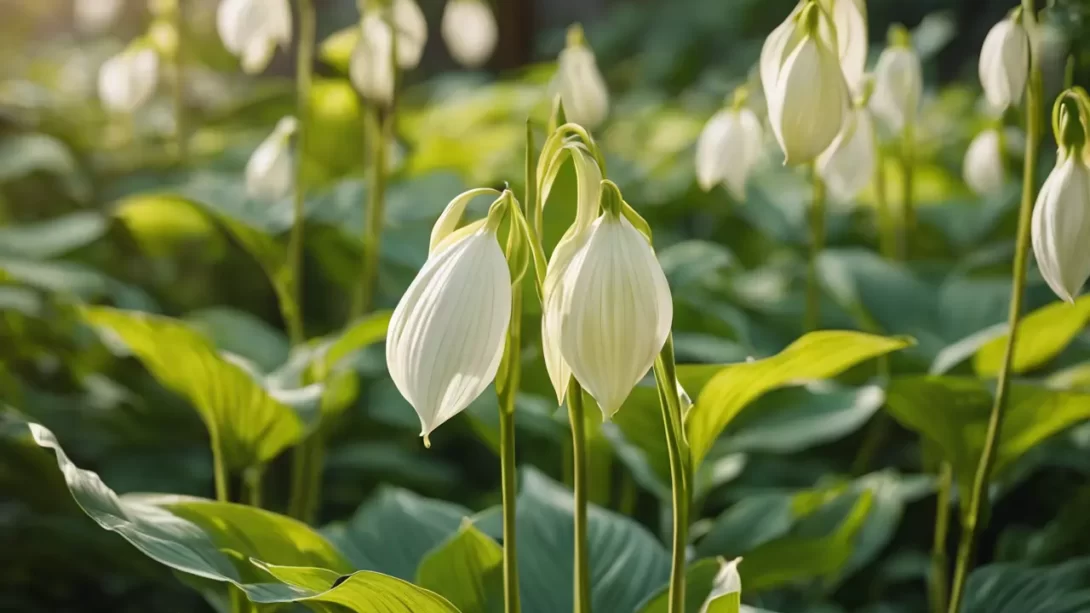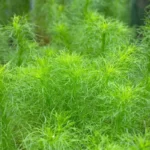Hostas, with their lush foliage and shade tolerance, are a favorite in many gardens. These perennials are known for their ability to thrive in a range of conditions, but like all plants, they have specific soil preferences that influence their health and growth. A common question among gardeners is whether hostas prefer acidic soil. This article explores the relationship between soil pH and hosta health, providing insights for optimal cultivation of these popular plants.
Soil pH and Its Impact on Plants
Soil pH, a measure of how acidic or alkaline the soil is, significantly affects plant growth. Ranging from 0 (highly acidic) to 14 (highly alkaline), with 7 being neutral, soil pH influences nutrient availability, microbial activity, and overall plant health. Most plants have a preferred pH range that allows them to absorb nutrients efficiently. Understanding this concept is crucial for gardeners looking to provide the best growing conditions for their plants, including hostas.
Hostas: Botanical Profile and Soil Preferences
Hostas are hardy perennials known for their attractive foliage, which comes in various shapes, sizes, and colors. They are primarily grown for their ornamental value in shaded garden areas. Regarding soil preferences, hostas are generally adaptable but tend to thrive best in slightly acidic to neutral soil, with a pH range of about 6.0 to 7.0. This pH range supports optimal nutrient availability and soil conditions conducive to hosta health. While hostas can tolerate a range of soil types, maintaining the soil within this pH range can help ensure vigorous growth and lush foliage.
The Role of Acidic Soil in Hosta Health
In acidic soils, with a pH below 6.0, hostas may face certain challenges. Acidic conditions can lead to the increased availability of some nutrients while limiting others, potentially causing imbalances. For example, in highly acidic soils, elements like aluminum and manganese can become more soluble and potentially toxic to plants, including hostas. On the other hand, nutrients such as phosphorus may become less available, hindering the plant’s growth and health. However, hostas can still perform reasonably well in mildly acidic conditions, as long as the soil is well-draining and rich in organic matter.
Amending Soil for Optimal Hosta Growth
If soil testing indicates that the pH is outside the ideal range for hostas, gardeners can take steps to amend the soil. To raise the pH of overly acidic soil, liming materials like garden lime or dolomite lime can be applied. These materials should be used cautiously, following package instructions, as over-liming can lead to an alkaline soil environment, which is also unfavorable for hostas. For soils that are too alkaline, incorporating organic materials such as peat moss, compost, or sulfur can help lower the pH. Regularly testing the soil pH and making gradual adjustments will help create the optimal growing conditions for hostas.
Common Challenges in Acidic Soils for Hostas
Hostas in acidic soils might encounter specific challenges, such as increased susceptibility to certain soil-borne diseases and nutrient uptake issues. For instance, root rot diseases can be more prevalent in acidic, poorly draining soils. Additionally, nutrient deficiencies, particularly of macro-nutrients like nitrogen, phosphorus, and potassium, may occur in acidic conditions. To mitigate these issues, ensuring good soil drainage, regular soil testing, and balanced fertilization are key. Using a fertilizer formulated for acid-loving plants can be beneficial, but it should be applied according to the specific needs and conditions of the soil and plants.
Monitoring and Maintaining Soil Health for Hostas
Regular monitoring of soil conditions is crucial for maintaining healthy hostas, especially in regions with naturally acidic soils. Periodic soil testing can provide valuable information about pH levels and nutrient content, allowing gardeners to make informed decisions about soil amendments and fertilization. In addition to pH adjustments, incorporating organic matter such as compost can improve soil structure, enhance nutrient availability, and promote healthy root development in hostas.
Addressing Watering and Drainage in Acidic Soils
Watering practices and proper drainage are also essential for hostas, particularly in acidic soils. Overwatering can exacerbate problems in acidic conditions, potentially leading to root diseases. Ensuring that the soil has good drainage will help prevent waterlogging and protect the plants’ root systems. Mulching around hostas can help retain soil moisture and stability, further supporting their growth in various soil types.
Conclusion
Hostas are relatively adaptable plants that can thrive in a range of soil conditions, including slightly acidic soils. However, extremely acidic or alkaline soils may pose challenges for their growth and overall health. By understanding and managing soil pH, ensuring good drainage, and implementing proper care practices, gardeners can successfully cultivate healthy and vibrant hostas. Regular soil testing and attentive garden maintenance are key to providing an optimal environment for these popular perennials. In doing so, gardeners can enjoy the lush foliage and serene beauty that hostas bring to shaded garden spaces.




